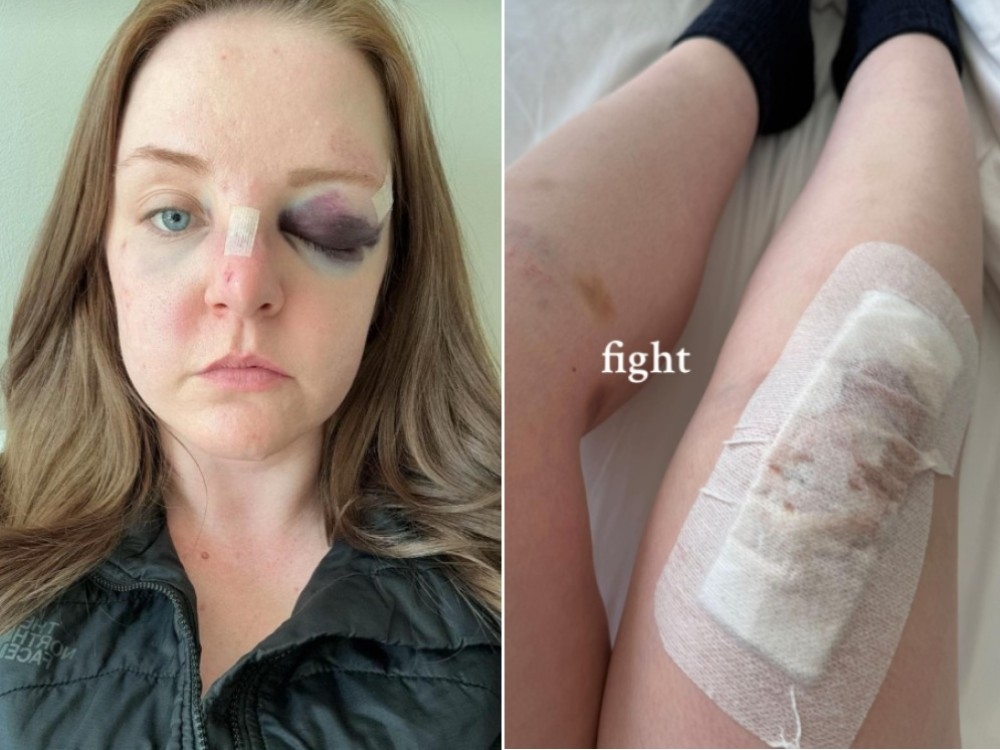On April 15, 2025, Stephanie, a tourist from Toronto, was violently attacked while walking alone near Vancouver’s Coal Harbour seawall. The assailant, 33-year-old Vancouver resident Peterhans Jalo Nungu, was arrested immediately but has since been released on bail despite facing multiple charges, including assault causing bodily harm. This incident, marked by its unprovoked brutality and the suspect’s recent history of violent offenses and mental health challenges, has sparked significant public concern and debate over bail policies and community safety measures in Vancouver.
The incident involving Stephanie has drawn extensive attention from both local residents and advocacy groups concerned about public safety and the judicial system’s handling of repeat offenders. According to Vancouver Police Department reports, the assault occurred shortly after 8 p.m. as Stephanie was walking alone near the Coal Harbour seawall, a popular and typically safe area frequented by tourists and locals alike. Witnesses described the attack as sudden and unprovoked, with the suspect causing serious injuries to the victim, who required immediate medical attention.
Details of the Assault and Immediate Response
Police responded promptly to emergency calls from bystanders who intervened at the scene. Peterhans Jalo Nungu was taken into custody without resistance and remains under investigation. The victim, Stephanie, was hospitalized with injuries classified as serious but not life-threatening. Medical personnel have since reported her condition as stable, and she is receiving ongoing treatment.
Background on the Accused
Peterhans Jalo Nungu, aged 33, has a documented history of prior violent offenses, some of which are linked to his diagnosed mental health conditions. Court records show that he had been previously convicted for assault-related charges and had been released on bail in the months preceding this latest incident. Mental health advocates emphasize the importance of comprehensive treatment and supervision for individuals with similar profiles to prevent recurrent violence.
Legal Proceedings and Bail Controversy
Despite the severity of the charges—assault causing bodily harm among others—Nungu was granted bail once again. Legal experts explain that bail decisions take into account various factors, including the accused’s mental health status, risk of flight, and potential danger to the public. However, this case has reignited debate about the adequacy of current bail guidelines, especially in incidents involving public safety and repeat offenders.
Community Reaction and Next Steps
The attack has prompted calls from community leaders and residents for reforms in bail policy and enhanced public safety measures. Vancouver Mayor’s office released a statement expressing sympathy for the victim and committed to reviewing current protocols to mitigate future risks. Meanwhile, advocacy groups urge improved coordination between law enforcement and mental health services to ensure vulnerable populations receive appropriate intervention.
Ongoing Investigation and Monitoring
Authorities have indicated that the investigation remains active, with further hearings scheduled to address the charges against Nungu. The court will continue to evaluate the appropriateness of bail conditions in light of new evidence and expert opinions. Local law enforcement also assures the public that increased patrols and safety initiatives are underway in the Coal Harbour area to prevent similar incidents.
The violent assault on Stephanie near Coal Harbour has underscored pressing concerns about public safety, judicial decision-making, and mental health management in Vancouver. While the suspect, Peterhans Jalo Nungu, faces serious charges and ongoing legal scrutiny, the incident has prompted calls from the community and officials for a thorough review of bail policies and enhanced collaboration between law enforcement and mental health services. As investigations continue and safety measures are reinforced, this case highlights the need for balanced approaches that protect both individual rights and community well-being.

